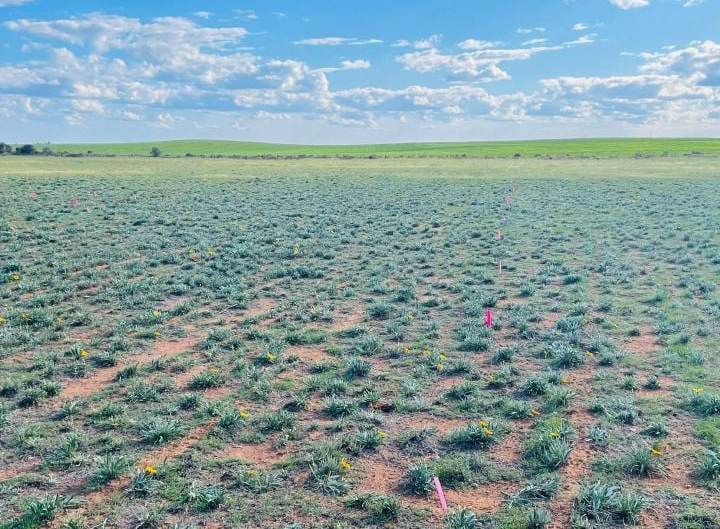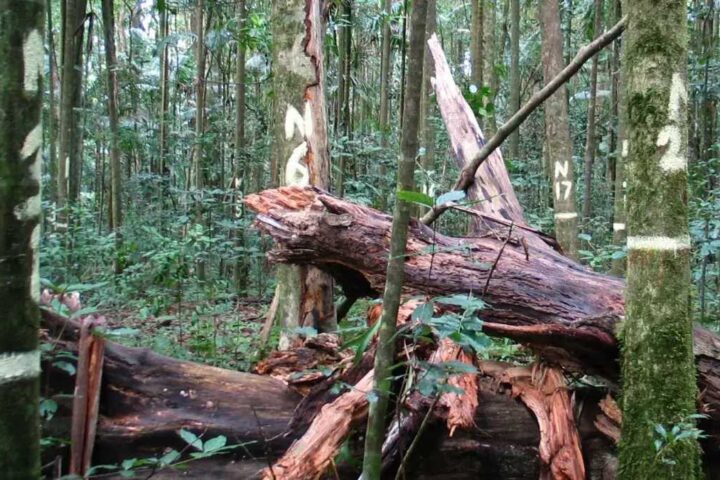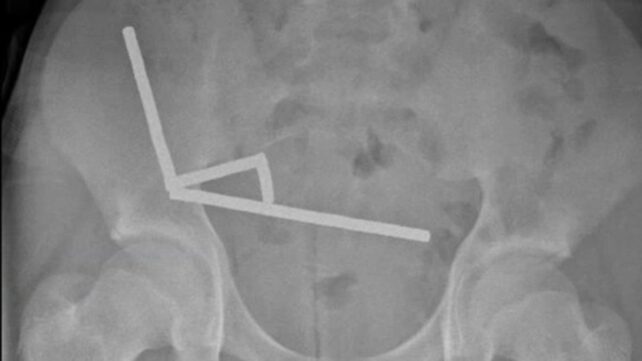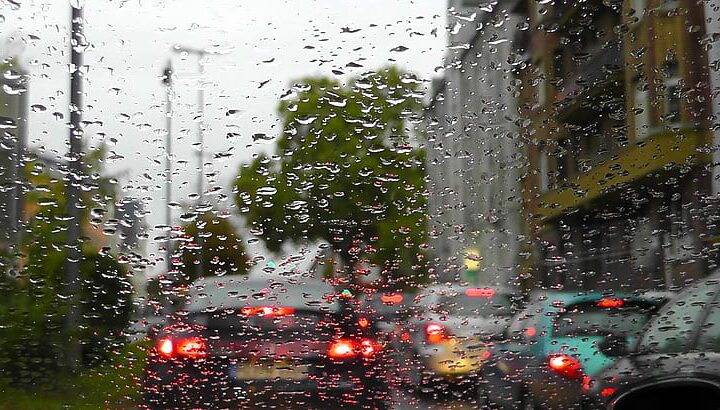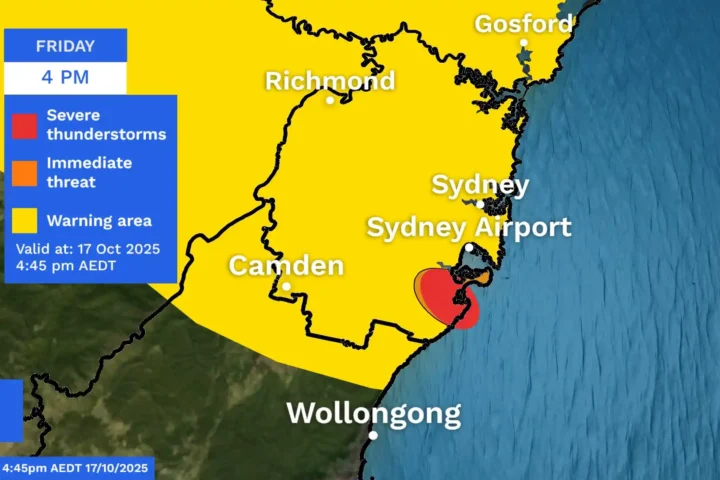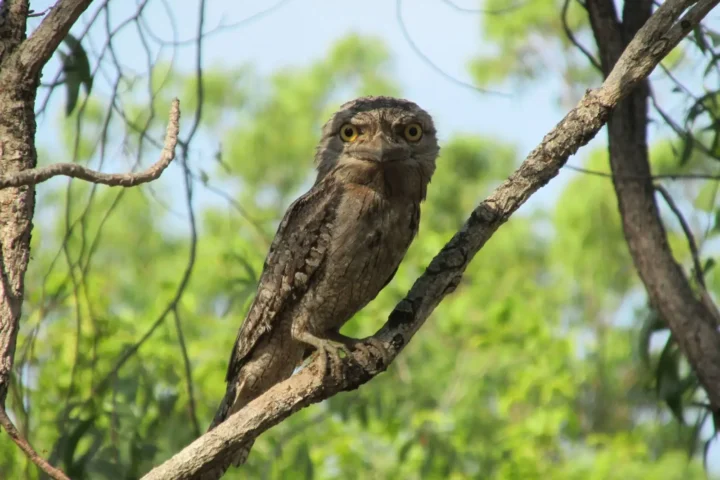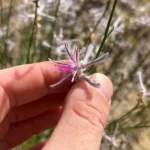A common garden plant with bright, daisy-like flowers sold at Bunnings and nurseries across Australia poses a much bigger threat to our environment than previously thought, according to new research.
Scientists from La Trobe University have discovered that Gazania daisies can spread and grow almost anywhere in Australia, causing serious problems for both farmers and natural areas.
“Gazanias are not only overrunning native grasslands, coastlines and roadsides, they are moving into grain production areas, choking out crops and costing farmers,” said Imogen Ebsworth, Advocacy Manager for the Invasive Species Council.
Originally from South Africa, these colorful flowers were brought to Australia between the 1950s and 1970s as garden plants. But they’ve now escaped gardens and are rapidly spreading across the country.
The new study found these plants can germinate and thrive in almost any condition – regardless of moisture, temperature or salinity levels. This makes them extremely hard to control once they escape into the wild.
What makes a plant “invasive”? Plants become invasive when they spread aggressively beyond gardens, outcompete native plants, and cause harm to the environment or economy. Unlike native plants that evolved alongside local wildlife, invasive species often have no natural enemies to keep them in check.
Similar Posts
Gazania plants can spread via seeds carried by wind, garden waste, and lawn clippings, making them dangerous to the wider environment. They’re now found in coastal sand dunes, stream banks, wastelands, open grasslands, along roadsides and in cultivated areas.
The problem has become so serious that South Australia banned the sale of Gazania in 2021. However, they’re still sold in most other states, including at major retailers like Bunnings.
“Self-regulation has failed,” Ebsworth explained. “An incredible three-quarters of all listed weeds started out as ornamentals. That’s not a Bunnings problem or a rogue nursery problem, it’s a regulatory failure.”
The economic impact is significant – weeds cost Australia over $5 billion annually in agricultural and environmental damage. Farmers in South Australia are finding it difficult to control Gazania with common herbicides.

Bunnings has responded to concerns, saying they follow local regulations. “As always, we closely follow all relevant local biosecurity regulations and the advice of regulators about the plants we sell,” said Cam Rist, Bunnings director of merchandise.
The Invasive Species Council is now calling for a nationwide ban on Gazania sales, similar to the one already in place in South Australia. They argue that the current system, where each state has different rules about what plants can be sold, isn’t working.
